When people talk about startup moats, they usually think of network effects, data flywheels, or brand. But in the fintech and frontier tech space, the real moat is regulatory fluency.
In highly asymmetric markets, speed is not enough. Product alone is not enough. The companies that scale are the ones that understand the rules of the game before they are written. This does not mean they are bureaucratic. It means they are strategic.
In sectors like embedded finance, digital identity, tokenization, and real-world assets, regulation is no longer a fence. It is the actual foundation. The infrastructure that makes scale possible. And in many cases, it is the single most important differentiator between companies that grow fast and companies that grow long.
What I have seen in advising early stage companies is that the best founders do not treat compliance as a checkbox. They treat it as product. They see licensing and legal clarity as part of the user experience. And they do not wait for regulators to catch up, they help define the roadmap.
A banking license in Mexico. An e-money registration in Europe. A sandbox approval in Singapore. These are not nice to haves. These are strategic assets. And they compound over time, especially when public trust starts to matter more than user acquisition.
Many of the best startups I know have built quietly. They have fewer users than their louder competitors, but they are the ones banks and institutions call when it is time to partner. Because they can sit at the table with regulators and say, we thought about this before you asked.
Regulatory asymmetry means some companies understand how to move in complexity while others are waiting for clarity. And the truth is, clarity usually comes too late. If you wait for it, you are already behind.
If product market fit is a milestone, then regulatory fluency is the real inflection point. It is what turns a good startup into an enduring company. Not because it slows them down, but because it sets them apart.







